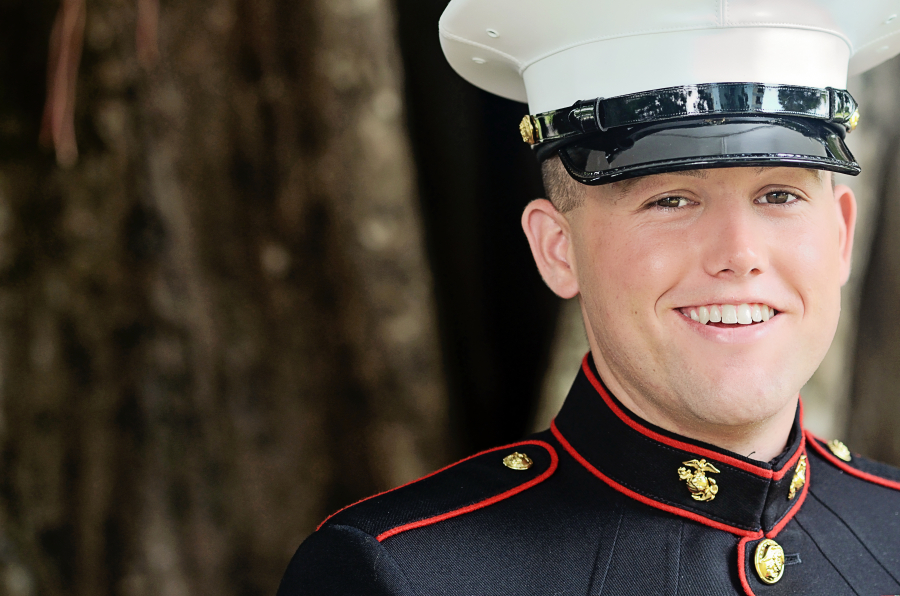
The casualties of war extend far beyond the physical injuries that make headlines. For many soldiers like Saroni David, the battle continues long after leaving the warzone. Post-Traumatic Stress Disorder (PTSD) is a formidable foe that can silently ravage a veteran's life. In this article, we delve into David's personal account and the broader implications of this invisible wound.
What is Post-Traumatic Stress Disorder?
Post-Traumatic Stress Disorder, or PTSD, is a mental health condition triggered by experiencing or witnessing a terrifying event. Symptoms may include flashbacks, nightmares, severe anxiety, and uncontrollable thoughts about the event. For soldiers, the relentless intensity of combat can often be the catalyst for PTSD.
Saroni David's Harrowing Experience with PTSD
Saroni David, a former soldier, has been candid about his struggles with PTSD. His story is one of courage and vulnerability, shedding light on the mental and emotional turmoil that many veterans face. David recounts sleepless nights, heightened vigilance, and an overwhelming sense of isolation. Such symptoms are not uncommon among those affected by PTSD, and they can lead to debilitating consequences if left unaddressed.
The Long-Term Impact of PTSD on Veterans
The damage inflicted by PTSD goes beyond the initial symptoms. Relationships, employment, and overall quality of life can be severely impacted. Veterans like David often find it difficult to reintegrate into civilian life, where the understanding of such trauma is limited. The stigma around mental health can also deter individuals from seeking the help they need, prolonging their suffering.
Understanding and Supporting PTSD Recovery
Recovery from PTSD is possible, but it requires a multi-faceted approach. Therapy, medication, and support groups are crucial in helping veterans cope with the disorder. David emphasizes the importance of community and open dialogue in his journey toward healing. Increased awareness and education can also foster a more supportive environment for those afflicted.
The Role of Society in Addressing Veteran PTSD
Society has a responsibility to support its veterans as they transition back to civilian life. We can all contribute by advocating for better mental health services, reducing stigma, and offering empathy to those like David who have endured the invisible wounds of war. Recognizing that PTSD is a real and serious condition is the first step towards making a difference in the lives of affected veterans.
Final Reflections on Saroni David's Story and the Plight of Many Veterans
The courage of individuals like Saroni David, who share their experiences with post-traumatic syndrome, is instrumental in raising awareness of this issue. Their stories remind us that the scars of war are not always visible and that the fight for many soldiers continues long after they leave the battlefield. It's our collective duty to acknowledge these struggles and to provide unwavering support to our veterans.
